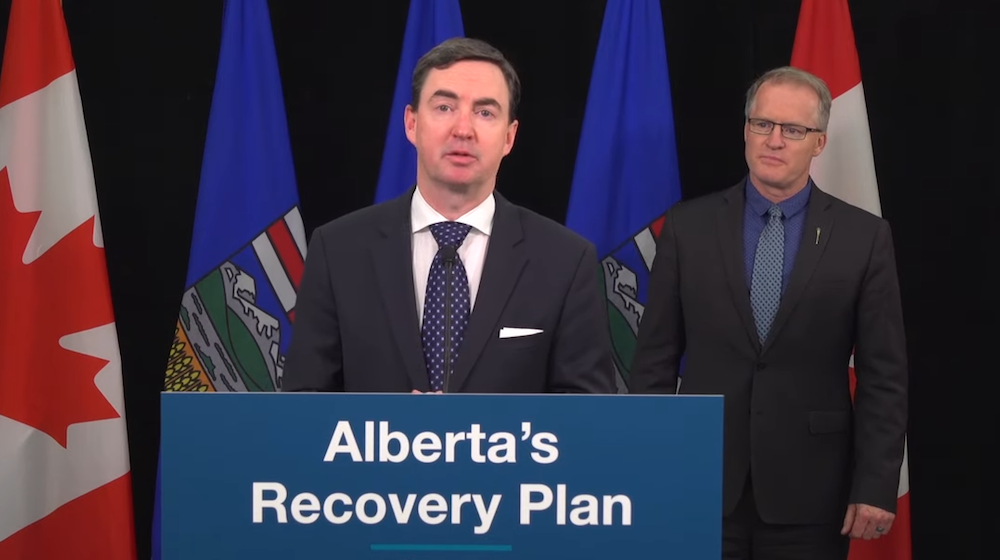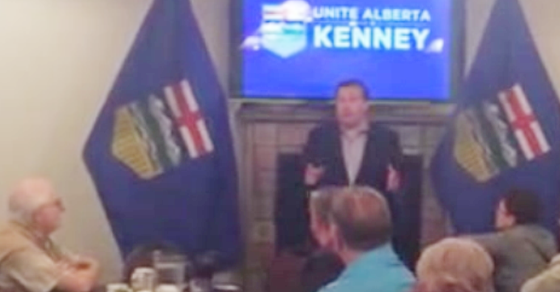Let's talk about journalism...
1. Is it true?
2. Is it verifiable (can you prove it's true)?
3. Is publishing it in the public good?
Truth is fact. It is not conjecture, opinion, or spin. It is empirically provable. It is not rumour or heresay or speculation. It is not driven by ideology. Reporters should report truth. This may include, "X said-, however, this research shows this is inaccurate."
We are seeing a lot of so-called journalists falling down on the job here. Repeating any politician's statements as truth without due diligence is not journalism.
This is the dividing line between accepting rumours or leaks as fact, and doing your own research and digging to find out if there is anything to it. There is a terrible trend towards rumour reporting. (again, see FIFE)
This is contentious, apparently. Some feel the public has a right to know everything about our elected officials. The key question is, what purpose does that serve? Does some tidbit of gossip about an MP benefit Canadians by knowing?


/https://www.thestar.com/content/dam/thestar/opinion/contributors/2019/08/06/federal-funding-for-private-schools-a-cautionary-tale/andrew_scheer.jpg)
/cloudfront-us-east-1.images.arcpublishing.com/tgam/W5MW3MD2BVJDHDKVSMCZ76CANI.jpg)





/arc-anglerfish-tgam-prod-tgam.s3.amazonaws.com/public/KOHHS5DWCNCI3OAQPHM2BCAYCY)

